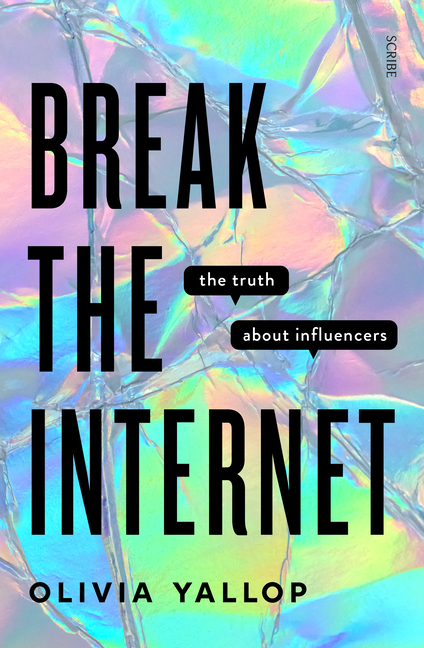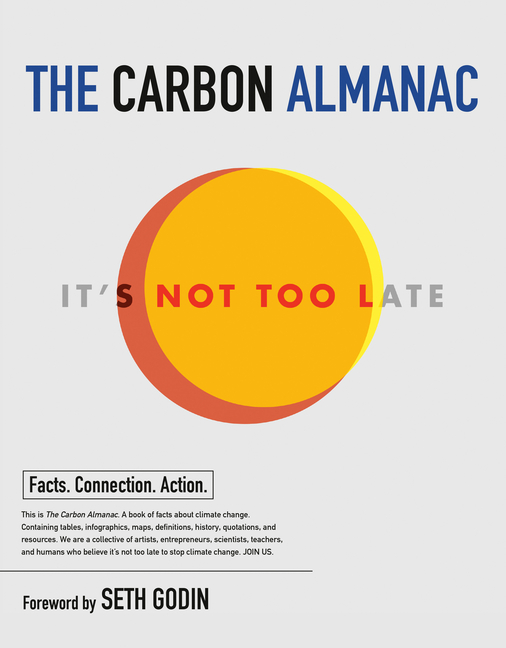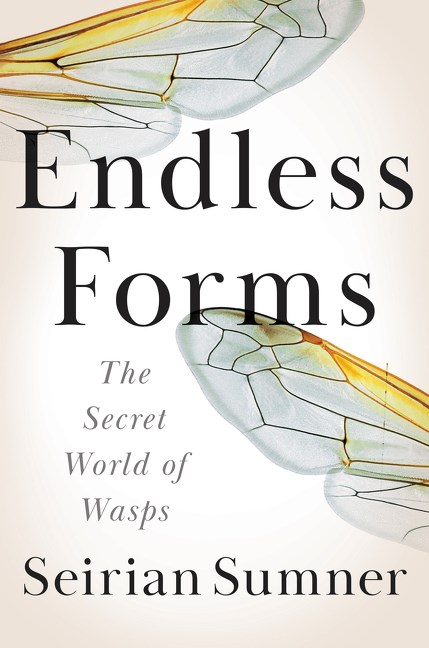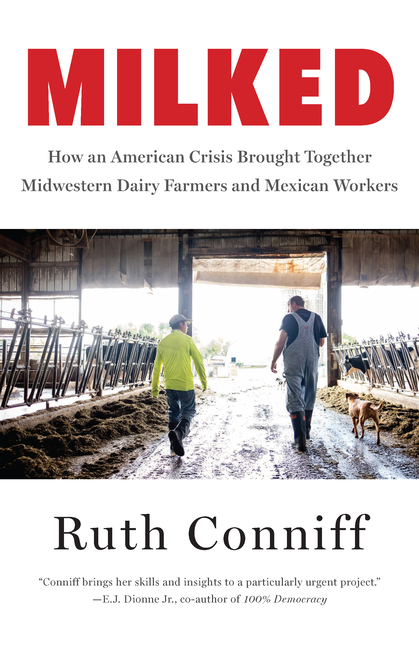Books to Watch | July 12, 2022
July 12, 2022
Looking for your next great read? We're here to help! Each week, our marketing team—Dylan Schleicher (DJJS), Gabbi Cisneros (GMC), Emily Porter (EPP), and Jasmine Gonzalez (JAG)—highlights four newly released books we are most excited about.
Book descriptions are provided by the publisher unless otherwise noted.
This week, our choices are:
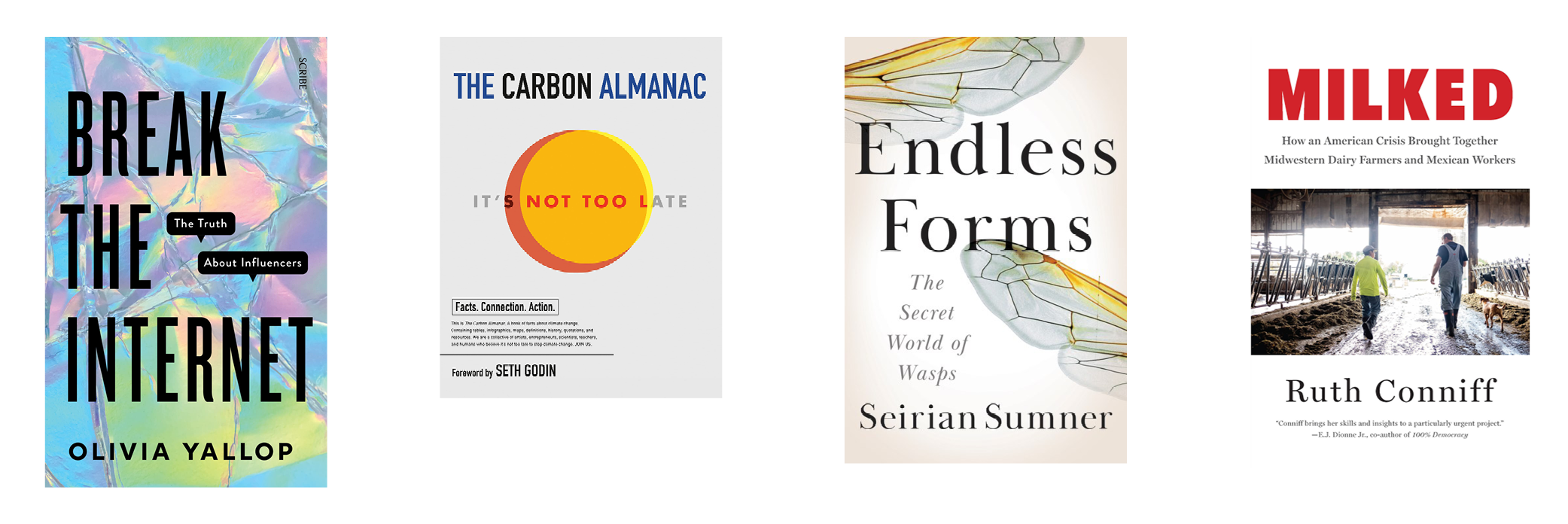
Break the Internet: The Truth About Influencers by Olivia Yallop, Scribe (GMC)
Break the Internet takes a deep dive into the influencer industry, tracing its evolution from blogging and legacy social media such as Tumblr to today’s world in which YouTube, Instagram, and TikTok dominate. Surveying the new media landscape that the rise of online celebrity has created, it is an insider account of a trend which is set to dominate our future—the economy of influence will be valued at $15bn globally by 2022.
Olivia Yallop enrols in an influencer bootcamp, goes undercover at fan meetups, and shadows online celebrities to understand how digital personas are built, uncovering what it is really like to live a branded life and trade in a “social stock market”. From mumfluencers and activists to governments and investors, everyone wants to build their online influence. But how do you stay authentic in a system designed to commodify identity? Break the Internet examines both the dangers and the transformative potential of digital culture.
The Carbon Almanac: It's Not Too Late by The Carbon Almanac Network, Seth Godin (ed.), Portfolio (DJJS)
The climate is the fundamental issue of our time, and now we face a critical decision. Whether to be optimistic or fatalistic, whether to profess skepticism or to take action. Yet it seems we can barely agree on what is really going on, let alone what needs to be done. We urgently need facts, not opinions. Insights, not statistics. And a shift from thinking about climate change as a “me” problem to a “we” problem.
The Carbon Almanac is a once-in-a-lifetime collaboration between hundreds of writers, researchers, thinkers, and illustrators that focuses on what we know, what has come before, and what might happen next. Drawing on over 1,000 data points, the book uses cartoons, quotes, illustrations, tables, histories, and articles to lay out carbon’s impact on our food system, ocean acidity, agriculture, energy, biodiversity, extreme weather events, the economy, human health, and best and worst-case scenarios. Visually engaging and built to share, The Carbon Almanac is the definitive source for facts and the basis for a global movement to fight climate change.
This isn’t what the oil companies, marketers, activists, or politicians want you to believe. This is what’s really happening, right now. Our planet is in trouble, and no one concerned group, corporation, country, or hemisphere can address this on its own. Self-interest only increases the problem. We are in this together. And it’s not too late for concerted, collective action for change.
Endless Forms: The Secret World of Wasps by Seirian Sumner, Harper (EPP)
In this eye-opening and entertaining work of popular science in the spirit of The Mosquito, Entangled Life, and The Book of Eels, a leading behavioural ecologist transforms our understanding of wasps, exploring these much-maligned insects’ secret world, their incredible diversity and complex social lives, and revealing how they hold our fragile ecosystem in balance.
Everyone worries about the collapse of bee populations. But what about wasps? Deemed the gangsters of the insect world, wasps are winged assassins with formidable stings. Conduits of Biblical punishment, provokers of fear and loathing, inspiration for horror movies: wasps are perhaps the most maligned insect on our planet.
But do wasps deserve this reputation?
Endless Forms opens our eyes to the highly complex and diverse world of wasps. Wasps are 100 million years older than bees; there are ten times more wasp species than there are bees. There are wasps that spend their entire lives sealed inside a fig; wasps that turn cockroaches into living zombies; wasps that live inside other wasps. There are wasps that build citadels that put our own societies to shame, marked by division of labor, rebellions and policing, monarchies, leadership contests, undertakers, police, negotiators, and social parasites. Wasps are nature’s most misunderstood insect: as predators and pollinators, they keep the planet’s ecological balance in check. Wasps are nature’s pest controllers; a world without wasps would be just as ecologically devastating as losing the bees, or beetles, or butterflies.
Wasps are diverse and beautiful by every measure, and they are invaluable to planetary health, Professor Sumner reminds us; we’d do well to appreciate them as much as their cuter cousins, the bees.
Milked: How an American Crisis Brought Together Midwestern Dairy Farmers and Mexican Workers by Ruth Conniff, The New Press (JAG)
In the Midwest, Mexican workers have become critically important to the survival of rural areas and small towns—and to the individual farmers who rely on their work—with undocumented immigrants, mostly from Mexico, accounting for an estimated 80 percent of employees on the dairy farms of western Wisconsin.
In Milked, former editor-in-chief of The Progressive Ruth Conniff introduces us to the migrants who worked on these dairy farms, their employers, among them white voters who helped elect Donald Trump to office in 2016, and the surprising friendships that have formed between these two groups of people. These stories offer a rich and fascinating account of how two crises—the record-breaking rate of farm bankruptcies in the Upper Midwest, and the contentious politics around immigration—are changing the landscape of rural America.
A unique and fascinating exploration of rural farming communities, Milked sheds light on seismic shifts in policy on both sides of the border over recent decades, connecting issues of labor, immigration, race, food, economics, and U.S.-Mexico relations and revealing how two seemingly disparate groups of people have come to rely on each other, how they are subject to the same global economic forces, and how, ultimately, the bridges of understanding that they have built can lead us toward a more constructive politics and a better world.


